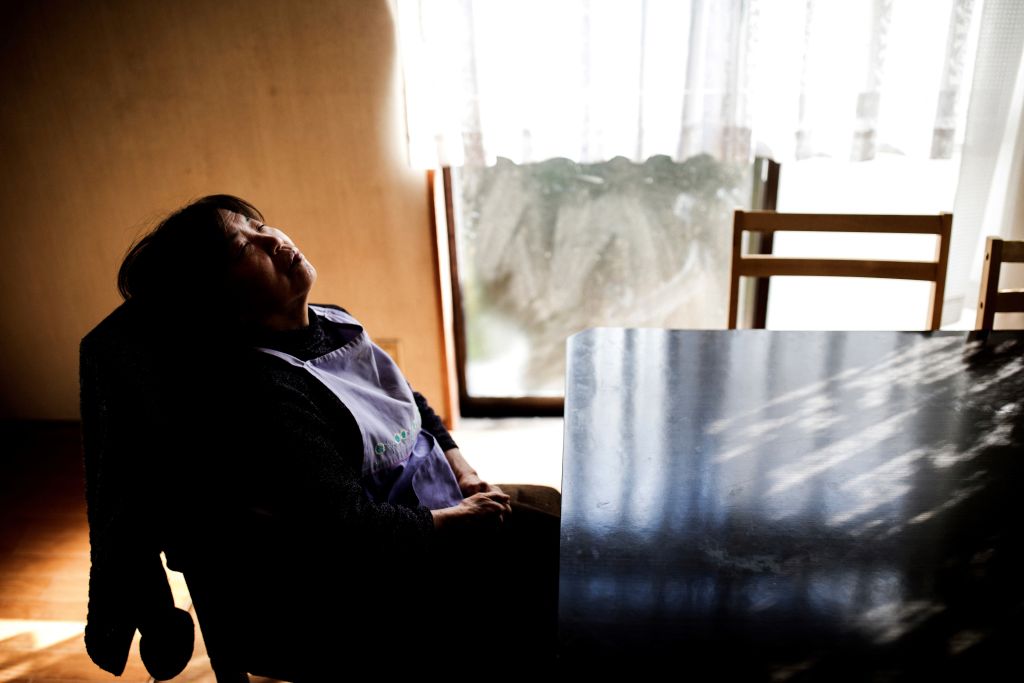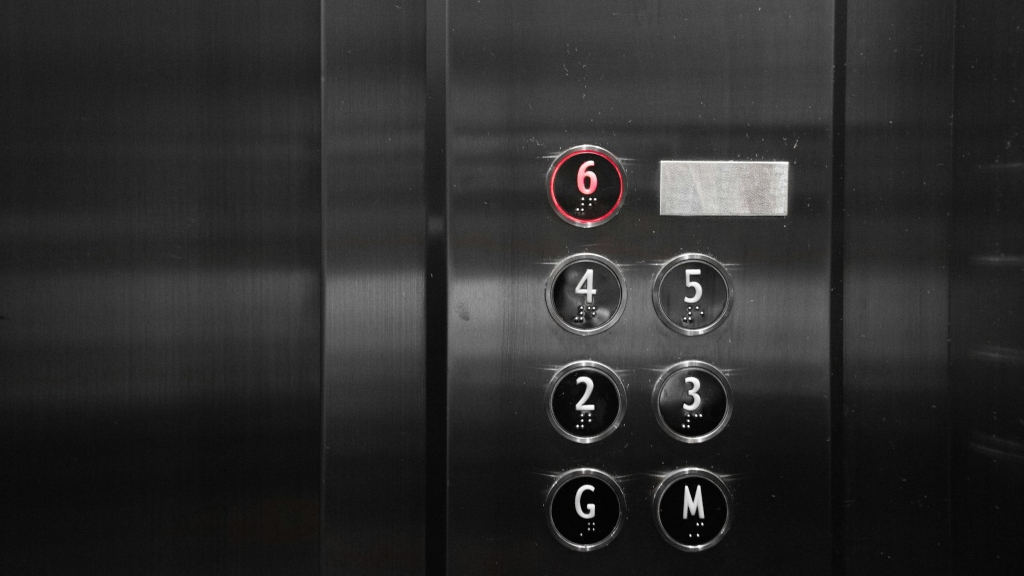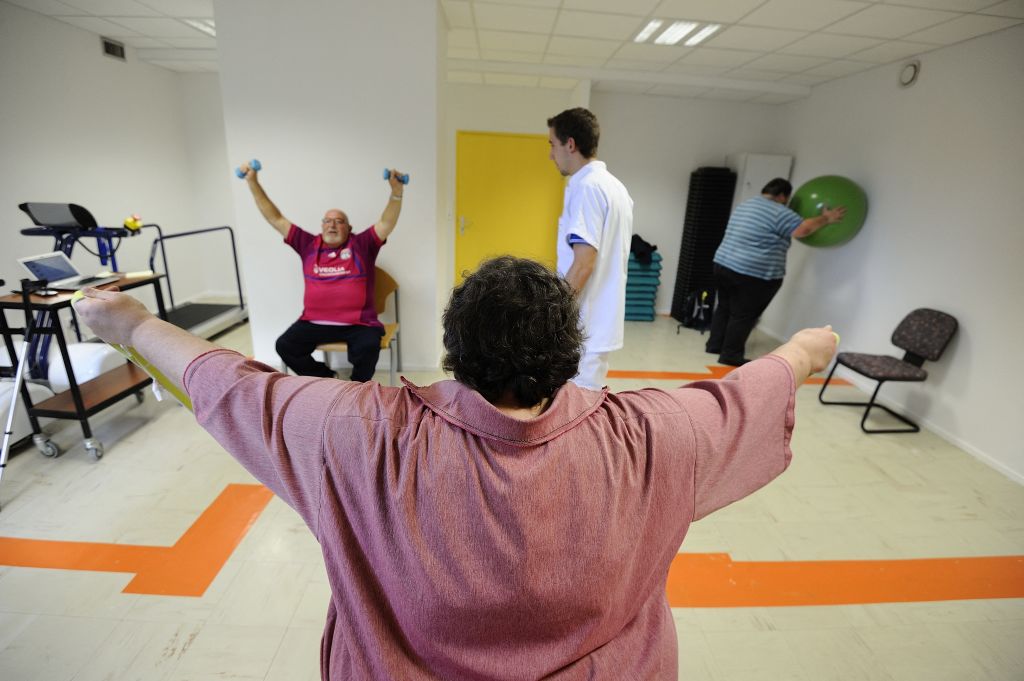Lack of Deep Sleep in Seniors Increases their Risk of Dementia, Study Finds
Recent research conducted by Monash University neuroscientist Matthew Pase reveals that older individuals who lack deep sleep face an increased risk of developing dementia. In fact, insufficient slow-wave sleep in persons over 60 may raise dementia risk by 27% for every 1% loss of deep sleep annually. Slow-wave sleep, the third stage of a 90-minute sleep cycle, is crucial as it strengthens muscles, bones, and the immune system by slowing brain waves, heart rate, and blood pressure.
Science Alert reports that Pase stated, “Slow-wave sleep, or deep sleep, supports the aging brain in many ways, and we know that sleep augments the clearance of metabolic waste from the brain, including facilitating the clearance of proteins that aggregate in Alzheimer’s disease.”
While the function of slow-wave sleep in dementia development remains unknown, Pase added, “Our findings suggest that slow-wave sleep loss may be a modifiable dementia risk factor.”
The research, which involved evaluation of Framingham Heart Study data from 346 individuals aged 60 and above, underscored the link between reduced slow-wave sleep and the likelihood of developing dementia. Results showed that a lower percentage of slow-wave sleep in seniors correlated with a higher risk of developing dementia, especially Alzheimer’s disease. The linkage is evident, but further research is needed to prove a causative link, thus understanding the connection between slow-wave sleep loss and dementia.
This study emphasizes the importance of slow-wave sleep in reducing the risk of dementia and highlights the necessity for enhancing sleep quality in older adults. Given that slow-wave sleep decreases after 60, peaks between 75 and 80, then stabilizes, the results of the examination are critical in guiding sleep quality measures for older individuals.
Anecdotal evidence has hinted at the sleep-memory link for generations and researchers in the mid-1700s have mused about dream-filled sleep and its role in memory development. Recent research has further confirmed the correlation between different sleep stages and memory functioning, underscoring the critical role of sleep in processing new information and long-term memory storage.
Beyond the risks associated with insufficient and excessive sleep, studies indicate that sleep deprivation can significantly impact cognitive function. Insufficient sleep may cause cognitive impairment, resulting in decreased reaction times and a decline in cognitive test performance.
In another study, researchers found that strawberry-infused supplement powder improved memory and reduced depressive symptoms among individuals with moderate cognitive decline. The study involved participants aged 50-65 who consumed a daily packet of either strawberry-infused powder or a placebo. The results showed that the group consuming the strawberry-infused powder displayed improved memory control and exhibited lower depressive symptoms compared to the placebo group.
This ongoing research on the correlation between sleep and memory continues to shed light on the essential role of sleep in cognitive function and long-term well-being, offering new insights into effective measures for managing and preventing cognitive decline in older adults.

I have over 10 years of experience in the cryptocurrency industry and I have been on the list of the top authors on LinkedIn for the past 5 years. I have a wealth of knowledge to share with my readers, and my goal is to help them navigate the ever-changing world of cryptocurrencies.







